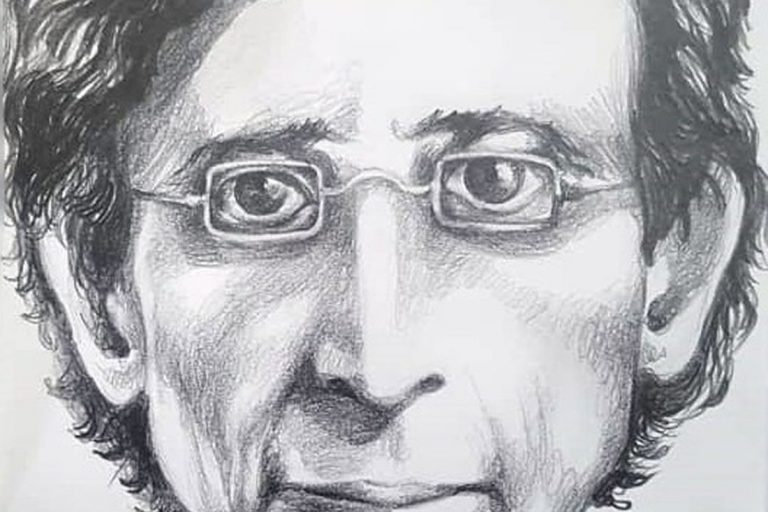At the end of the 70’s of the last century, I studied my history career at the Enrique José Varona Higher Pedagogical Institute, today the Pedagogical University, in the city of Havana.
I was always a lover of Pedagogy and when I began to study it much more, especially, when I took History of Pedagogy I enjoyed it very much; Hence my admiration for a very important figure for education in Cuba, the eternal teacher Félix Francisco José María de la Concepción Varela y Morales, as he was named after his Catholic baptism.
About our Varela: brushstrokes
This man of proven intelligence, studious from an early age, became very young, as many of us know, a professor of numerous subjects at the prestigious San Carlos y San Ambrosio Seminary, where he studied.
For his revolutionary teaching methods, that other essential Cuban disciple of Varela, José de la Luz y Caballero, said of him: “ … as long as you think about the island of Cuba, you will think about who taught us first to think”.
Varela in me
And it is precisely that admiration the reason I made my graduation thesis dedicated to that man that, indisputably when we talk about Pedagogy and education in our country, we need to mention him. His methods totally against scholasticism catapulted him to be that educator par excellence who made his students think and analyze, so that they could became in men of science and letters.
With a high level of independence in his proposals and postulates, this question, as we know, for his time was a great feat; he was highly criticized by some, but loved by most. The students are said to huddle around the doors and windows where he gave lessons.
His legacy
Today and in light of having managed to become an educator to my great satisfaction, I continue to be guided by his doctrine, without dogmas or ties to knowledge, both to impart it and to receive it, because fortunately his teachings have prevailed in our educational methods.
That is why when I am in front of a group of students and I try to share with them some knowledge, I remember Father Varela and I try to make them analyze and be able to capture the essence of what is important, for later, – and even if it is about humanities-, They can investigate and draw their own conclusions, because I am sure in this way they will be able to be better professionals like those that our country requires every day.
So I think of these words said by him and that have been the great pillar of education in Cuba: “… the need to instruct a people is like feeding them, which does not allow delay …”
Translated by: Aileen Álvarez García






